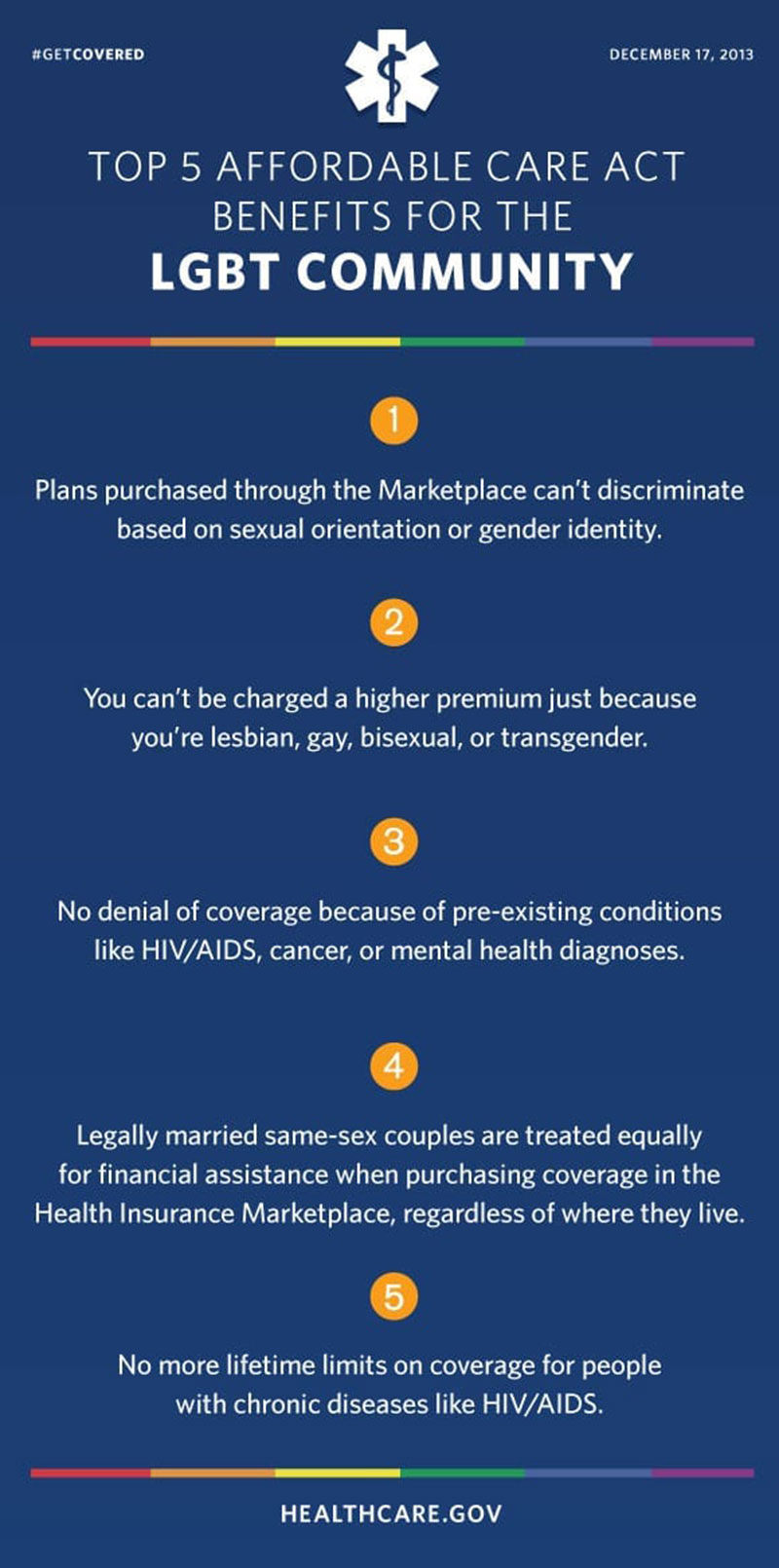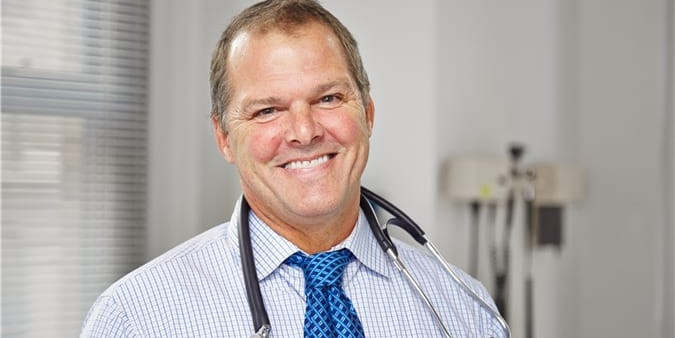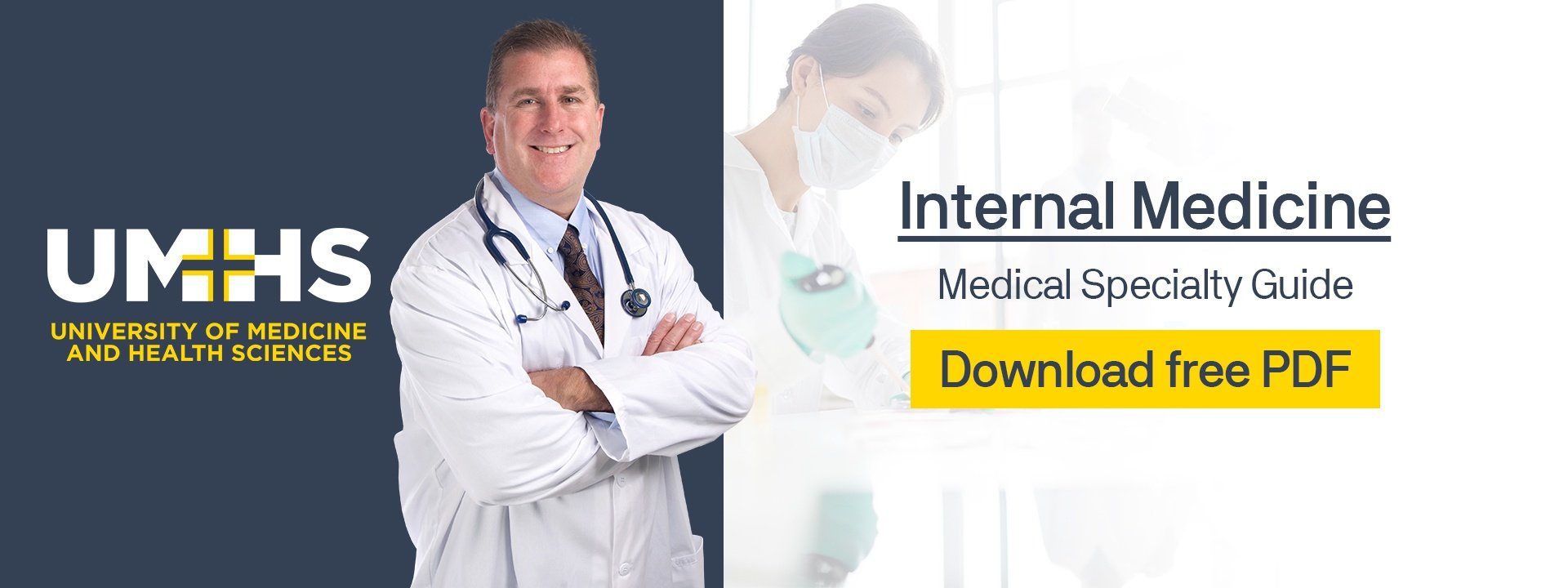The UMHS Pulse spoke to Dr. Lawrence G. Hitzeman, a New York City Internal Medicine specialist certified by the American Board of Internal Medicine, with many years of experience treating people with diabetes, sinus problems, and acne as well as LGBT and HIV patients, for the final installment of our three-part Doctors and Diversity series on LGBT medicine this month.
Dr. Hitzeman currently works for New York Cardiovascular Associates, PLLC in Manhattan. He received his M.D. from the University of Illinois Medical School in Chicago. His two residencies were at Maricopa Medical Center in Phoenix and at St. Vincent’s Hospital and Medical Center in New York. For nearly a decade, Dr. Hitzeman worked as Cabrini Medical Center’s Medical Director of the AIDS Unit in New York City. Dr. Hitzeman is an attending physician with New York Cardiovascular Associates, PLLC. He is a member of the American College of Physicians and holds an academic appointment at Beth Israel Medical Center in New York.
Discover if a career in Internal Medicine is right for you.
Learn why 75% of doctors would choose a career in medicine again.
Our two previous installments focused, respectively, on issues in LGBT medicine from UMHS medical student Jasmine Rivas (who will soon enter Introduction to Clinical Medicine at our Portland, Maine campus before taking USMLE Step 1) and board-certified pediatrician Dr. Aaron J. Miller’s perspective on treating LGBT teens. We asked Dr. Hitzeman similar questions, from safe-sex practices to screening for substance abuse, geared toward treating adult LGBT patients. Dr. Hitzeman sheds light on the sensitive but necessary questions that students at American and Caribbean medical schools should ask LGBT patients they will encounter in clinical rotations, residency and private practice.
UMHS PULSE: As an Internal Medicine doctor, what is the most important thing to keep in mind when treating an adult LGBT patient?
DR. HITZEMAN: To be non judgmental.
How do you handle treating an LGBT patient who is not “out” to family or coworkers but is sexually active?
Discuss safe-sex practices. I feel most people “come out” when they are ready and should not be forced.
What sensitivity issues need to be kept in mind when treating LGBT patients?
Ask open-ended questions/no preconceived beliefs.
What are some of the biggest challenges facing adult LGBT patients right now?
The stigma of being LGBT, especially in rural settings.
The stigma of being HIV positive, especially in the African-American community.
How should doctors with personal or religious beliefs that are not gay-friendly learn to treat LGBT patients?
With respect and no preaching or pressing religious/personal beliefs.
What is the proper and most professional way to ask LGBT patients about whether they practice safer sex?
I just ask, “Do you practice safe sex? Are you in an open relationship? When do you use a condom?”
What constitutes sex? Some people have different ideas about what is actually sex (i.e., oral, anal, vaginal, etc.) Is it necessary to describe the various modes of sex from a medical viewpoint?
Yes. It needs to be spelled out. Lots of people feel they can only get STDs/STIs with intercourse but you need to educate people that oral sex can transmit all STDs (HIV less so).
How should doctors and med students encourage patients to practice safe-sex by reviewing potential risks that could be avoided?
Discuss risks of sexual acts. Gay men often feel if they are the insertive partner (“the top”) that they are not at risk for HIV. Disavow them of this belief.
Do you recommend testing all gay and bisexual men (even those in monogamous relationships) for HIV as well as giving vaccines for hepatitis A and B and meningitis? Testing for syphilis and other STIs?
Yes! And yes!
How do you handle the issue of discussing possible alcohol or substance abuse with LGBT patients? When is it necessary to refer an LGBT patient for counseling/rehab?
Ask the amount of alcohol consumed over the weekend. Discuss the use of “party” drugs. Refer crystal meth users to a variety of programs—Crystal Meth Anonymous, Crystal Clear, rehabilitation centers.
Do lesbians have any special health needs that should be addressed during office visits?
Less of a need for PAP smears unless they are bisexual.
Regular mammograms.
Most patient information forms now have the option for transgender, next to male or female. When a patient checks transgender, instead of male or female, on a first-time doctor visit form, what is needed to address the patient, treat the patient, and should doctors know good specialists to refer the patient, if needed?
Discuss the stage of their transformation. Are they on hormonal therapy? Considering corrective surgery? [You may] need to refer the patient to surgeons who do corrective surgery. Discuss risks of silicone placement.
There is a lot of ignorance about transgender people. What should doctors know about trans people that may not be taught in medical school?
Nothing about transgender issues was taught at my medical school. Each trans person is an individual.
What about mental health referrals for LGBT patients that may have personal issues or need counseling? What advice do you have for doctors about this area?
Most patients prefer going to a gay therapist, so have a list of gay therapists available.

RESOURCES FOR MEDICAL STUDENTS: GLMA, AMA, AMSA, Penn Medicine & others have online guides to educate students about LGBT medicine. Photo: Courtesy of GLMA
LGBT Web Resources for Medical Students
American Medical Association (AMA) Know How to Communicate with LGBT Patients
AMA Video: Patient Sexual Health History-What You Need to Know to Help
Penn Medicine Program for LGBT Health
GLMA Resources for Medical Students and Trainees
Affordable Care Act Benefits for LGBT Patients

Image: HealthCare.Gov
(Top photo) New York City Internal Medicine specialist Dr. Lawrence G. Hitzeman has many years of experience treating LGBT patients. Photo: Courtesy of ZocDoc.com
About UMHS:
Built in the tradition of the best US universities, the University of Medicine and Health Sciences focuses on individual student attention, maintaining small class sizes and recruiting high-quality faculty. We call this unique approach, “personalized medical education,” and it’s what has led to our unprecedented 96% student retention rate, and outstanding residency placements across the US and Canada. UMHS is challenging everything you thought you knew about Caribbean medical schools.

Scott is Director of Digital Content & Alumni Communications Liaison at UMHS and editor of the UMHS Endeavour blog. When he's not writing about UMHS students, faculty, events, public health, alumni and UMHS research, he writes and edits Broadway theater reviews for a website he publishes in New York City, StageZine.com.

















